25 Timeless Works by Trailblazing Mathematicians and Scientists Who Built the Foundation of the Field
The Legacy of Visionary Thinkers: 25 Must-Read Books by Legendary Mathematicians and Scientists
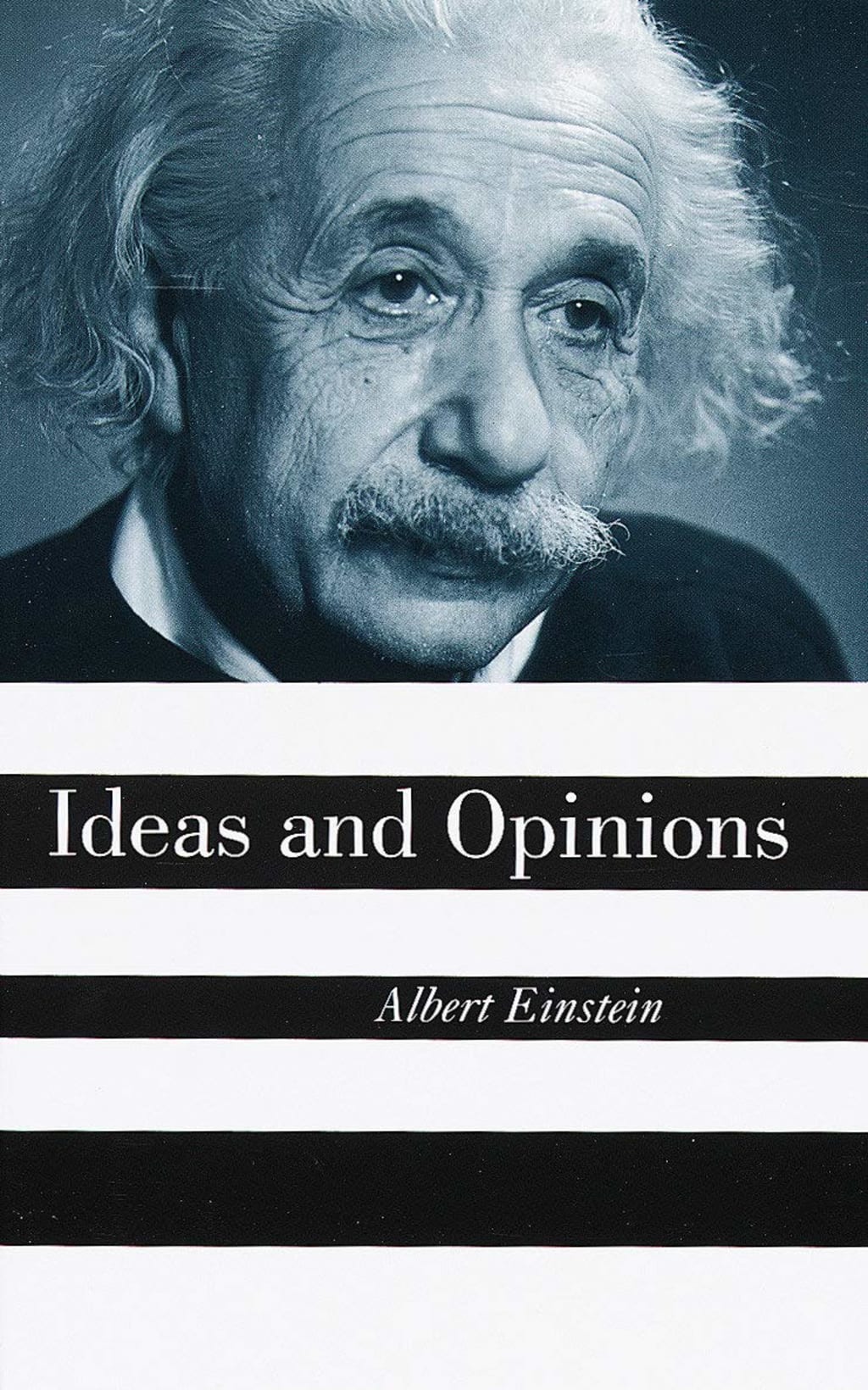
In this blog post, we will explore 25 timeless works by legendary mathematicians and scientists who made groundbreaking contributions and laid the foundation for their respective fields. These books serve as pillars of knowledge, offering profound insights and shaping our understanding of the world. Whether you are an aspiring mathematician, a science enthusiast, or simply curious about the remarkable minds that shaped our disciplines, these books are essential reads that will expand your intellectual horizons.
This post contains affiliate links from Bookshop, an online bookstore that supports independent bookstores.
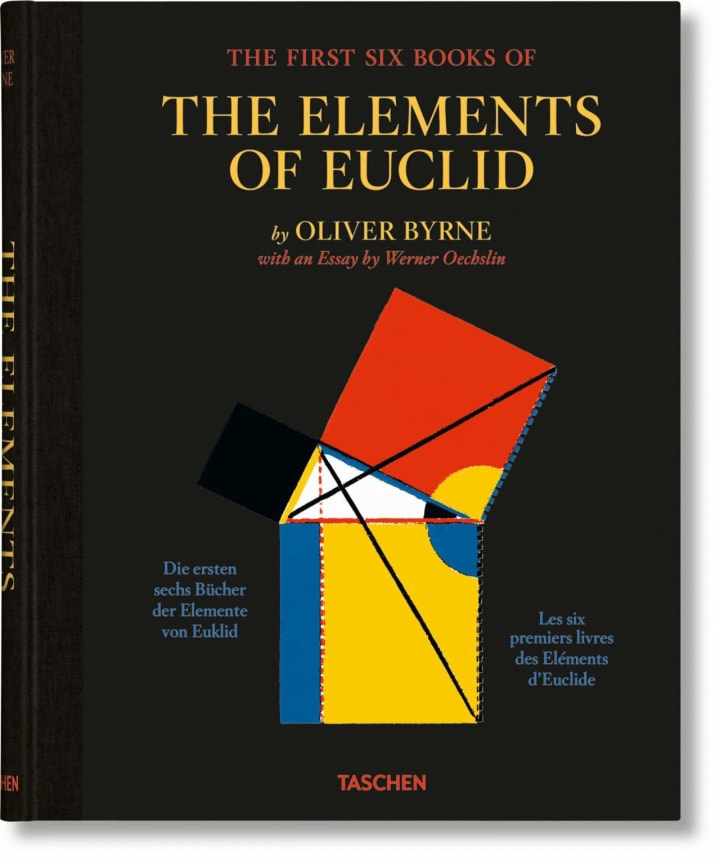
1. "The First Six Books of the Elements of Euclid" by Oliver Byrne:
"The First Six Books of the Elements of Euclid" is a beautifully illustrated and accessible introduction to the fundamental principles of geometry. Euclid's work serves as the cornerstone of geometric reasoning and has been influential for centuries. Through concise explanations and engaging diagrams, Byrne brings Euclid's principles to life, making this book an ideal starting point for anyone interested in exploring the wonders of geometry.
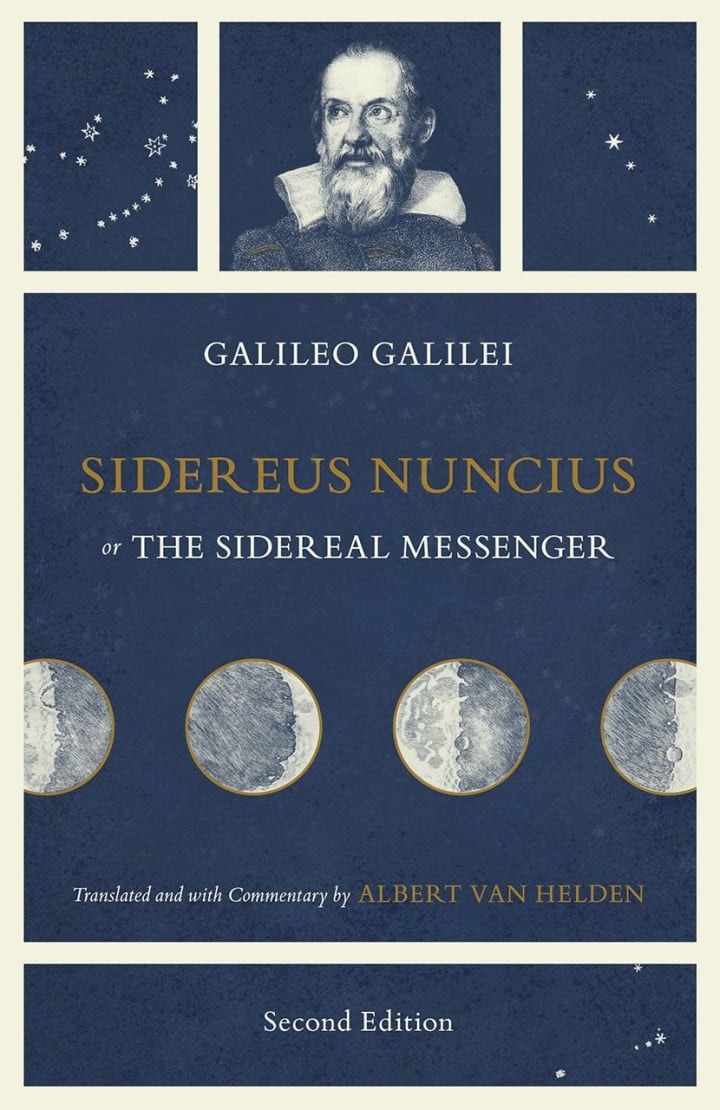
2. "Sidereus Nuncius, or The Sidereal Messenger" by Galileo Galilei:
Galileo Galilei's "Sidereus Nuncius" revolutionized our understanding of the cosmos. In this groundbreaking work, Galileo describes his telescopic observations of the moon, stars, and planets. By providing concrete evidence that supported the heliocentric model, Galileo challenged prevailing beliefs and paved the way for a new era in astronomy. "Sidereus Nuncius" is a captivating journey into the wonders of the night sky and Galileo's remarkable scientific discoveries.
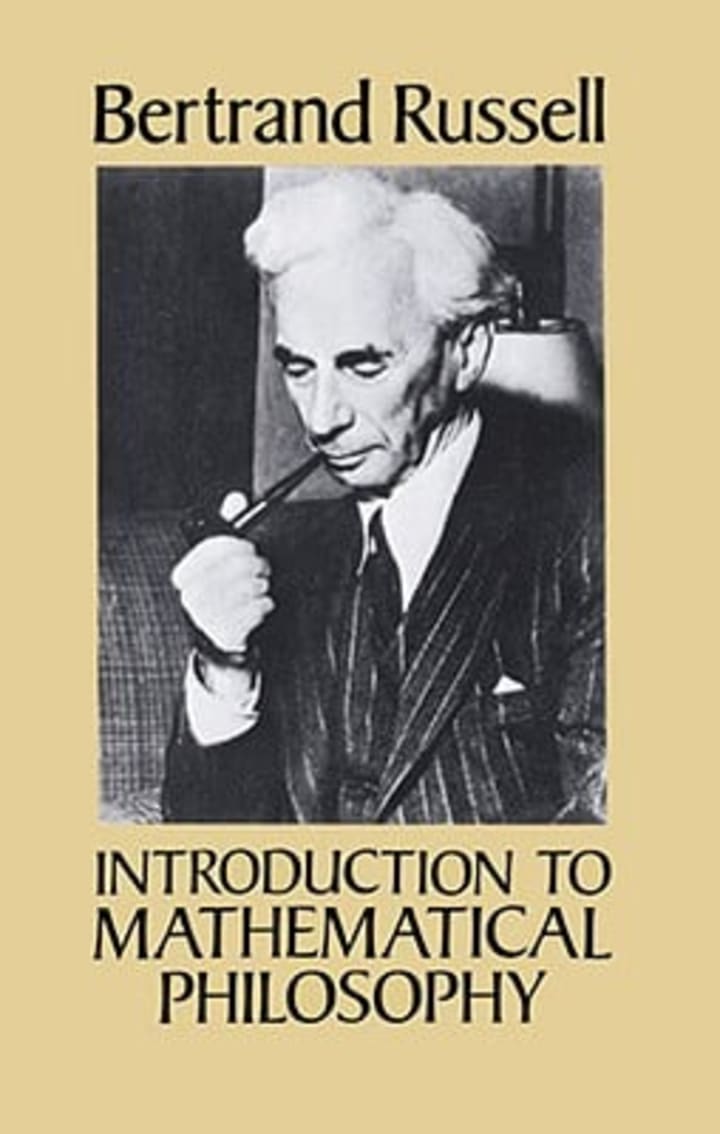
3. "Introduction to Mathematical Philosophy" by Bertrand Russell:
Bertrand Russell's "Introduction to Mathematical Philosophy" offers a thought-provoking exploration of the philosophical foundations of mathematics. Russell delves into the nature of numbers, logic, and the principles that underpin mathematical reasoning. With clarity and precision, he presents complex concepts in a comprehensible manner, making this book an invaluable resource for those seeking to deepen their understanding of the philosophical underpinnings of mathematics.
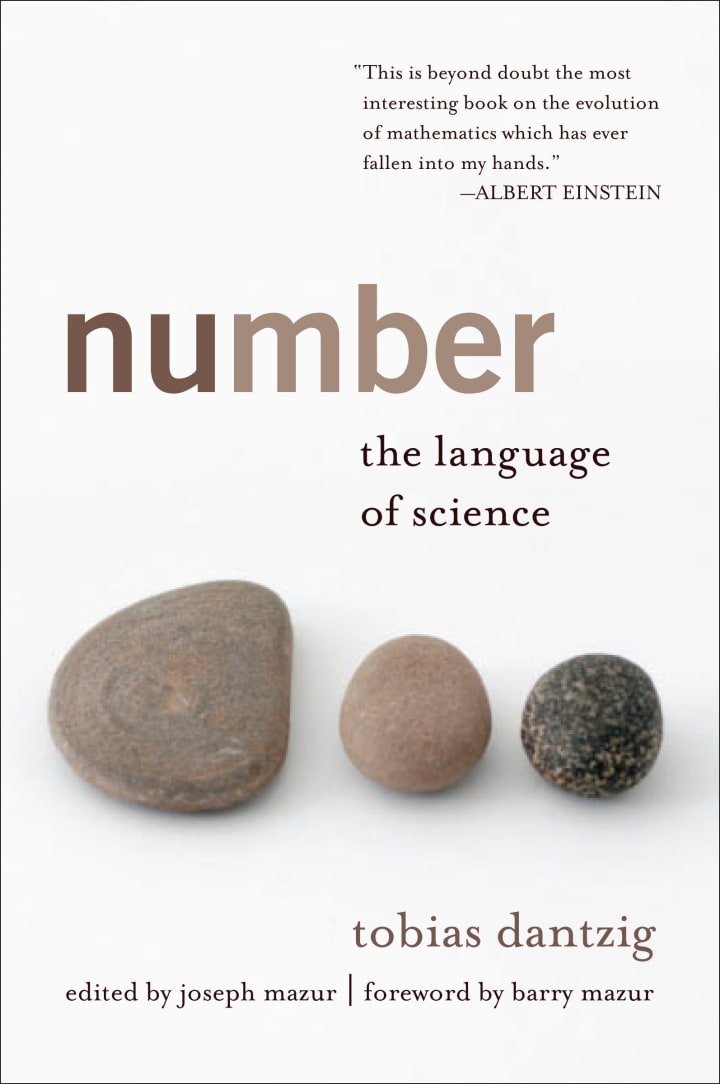
4. "Number: The Language of Science" by Tobias Dantzig:
"Number: The Language of Science" by Tobias Dantzig explores the history and significance of numbers in the scientific realm. Dantzig elucidates how numbers serve as the universal language that enables us to unravel the mysteries of the natural world. This book offers a fascinating journey into the role of numbers in scientific discoveries and their profound impact on our understanding of the universe.
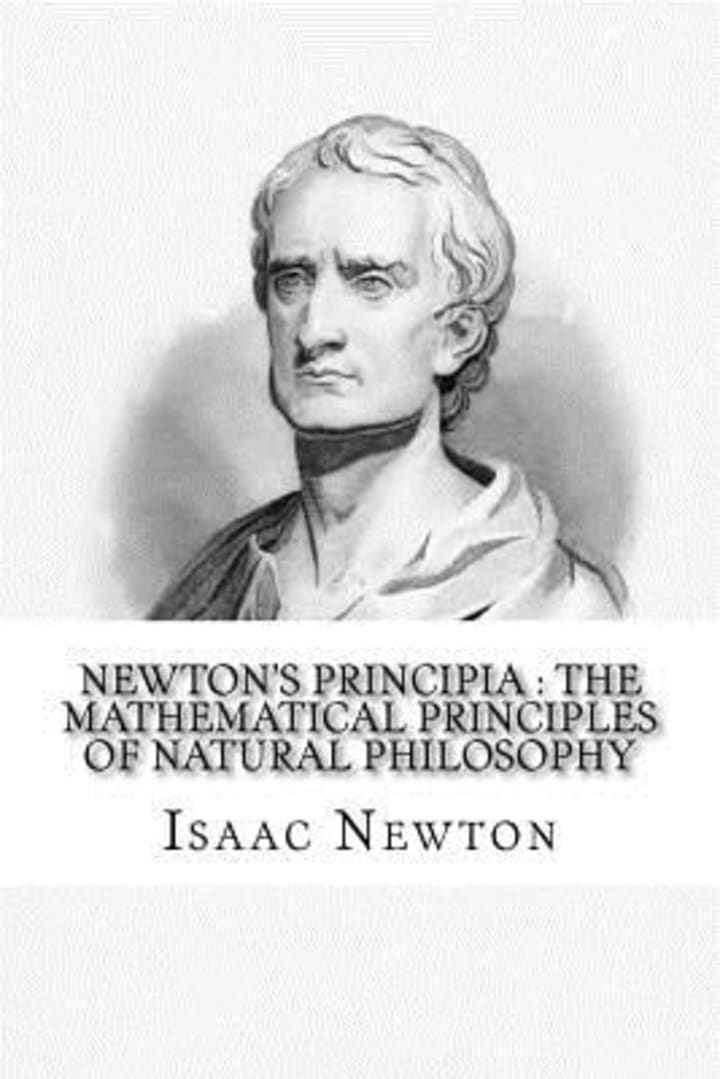
5. "Newton’s Principia: The Mathematical Principles of Natural Philosophy" by Isaac Newton:
Isaac Newton's "Principia Mathematica" is a groundbreaking work that laid the foundation for classical mechanics and the laws of motion. In this monumental treatise, Newton presents his laws of motion, the law of universal gravitation, and mathematical principles that govern the physical world. This seminal work revolutionized physics and remains an indispensable reference for anyone interested in the laws that govern our universe.
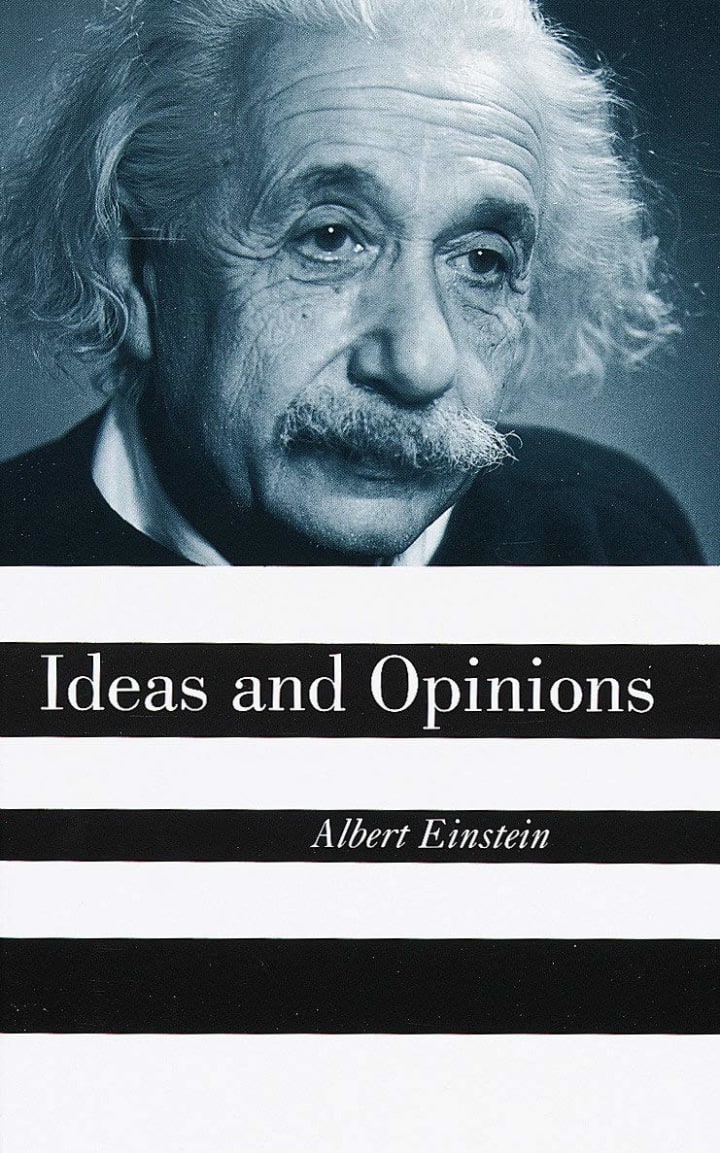
6. "Ideas and Opinions" by Albert Einstein:
"Ideas and Opinions" is a captivating collection of essays and speeches by Albert Einstein, one of the most brilliant minds in the history of science. Einstein delves into a wide range of topics, including relativity, quantum mechanics, the nature of time, and the social responsibilities of scientists. This book offers profound insights into Einstein's thoughts and illuminates the mind of a scientific genius.

7. "What Is Life?: The Intellectual Pertinence of Erwin Schrödinger" by Hans Ulrich Gumbrecht:
Hans Ulrich Gumbrecht explores Erwin Schrödinger's seminal work "What Is Life?" in this thought-provoking book. Schrödinger's book explores the fundamental question of life's nature from a physical and chemical perspective, laying the groundwork for the field of molecular biology. Gumbrecht provides insightful commentary and context, making this book a valuable resource for anyone interested in the origins and mysteries of life.
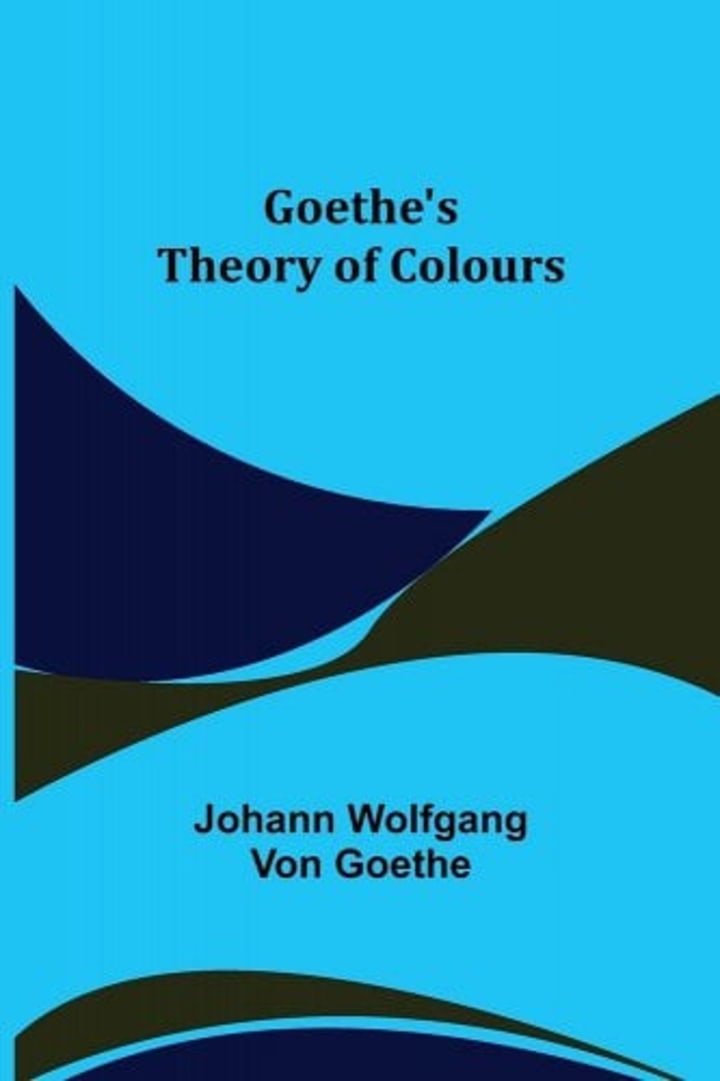
8. "Theory of Colours" by Johann Wolfgang von Goethe:
Johann Wolfgang von Goethe's "Theory of Colours" challenges the prevailing scientific understanding of color. Goethe's approach considers the psychological and emotional impact of colors, going beyond the traditional mechanistic explanations. This book offers a unique perspective on the aesthetics and psychology of color, providing a fascinating departure from conventional scientific treatises.
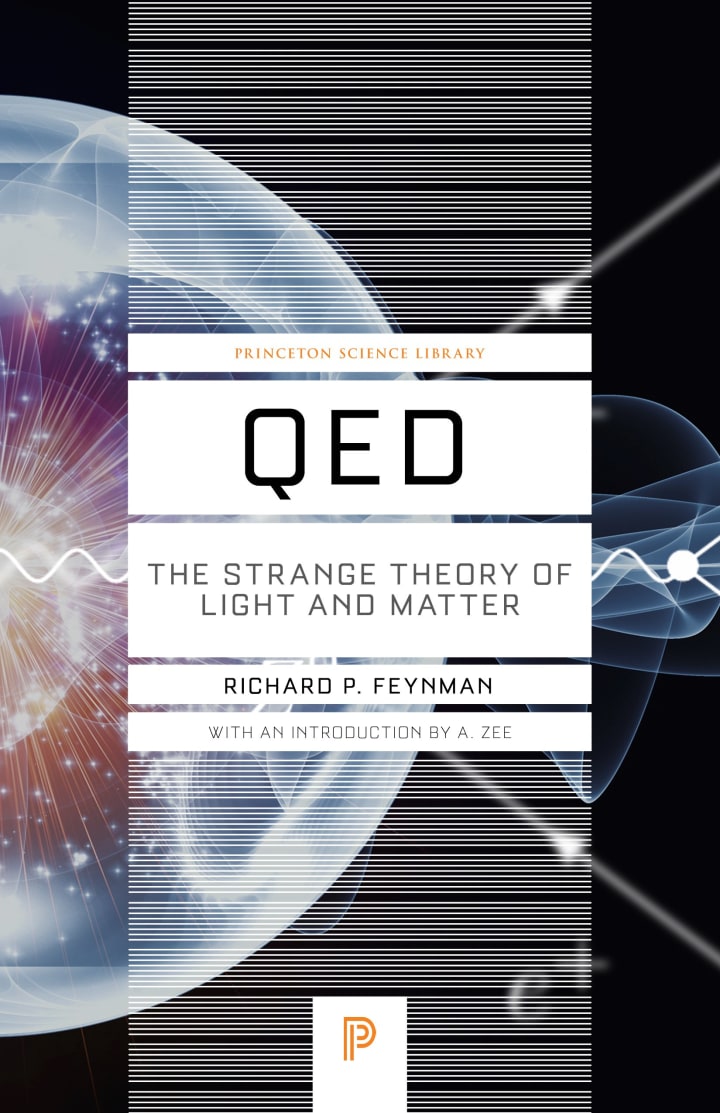
9. "QED: The Strange Theory of Light and Matter" by Richard P. Feynman:
In "QED: The Strange Theory of Light and Matter," Richard P. Feynman explores the quantum electrodynamics that underlies our understanding of light and matter. Feynman's engaging style and knack for simplifying complex concepts make this book a must-read for anyone seeking to grasp the fundamental nature of particles, fields, and interactions.
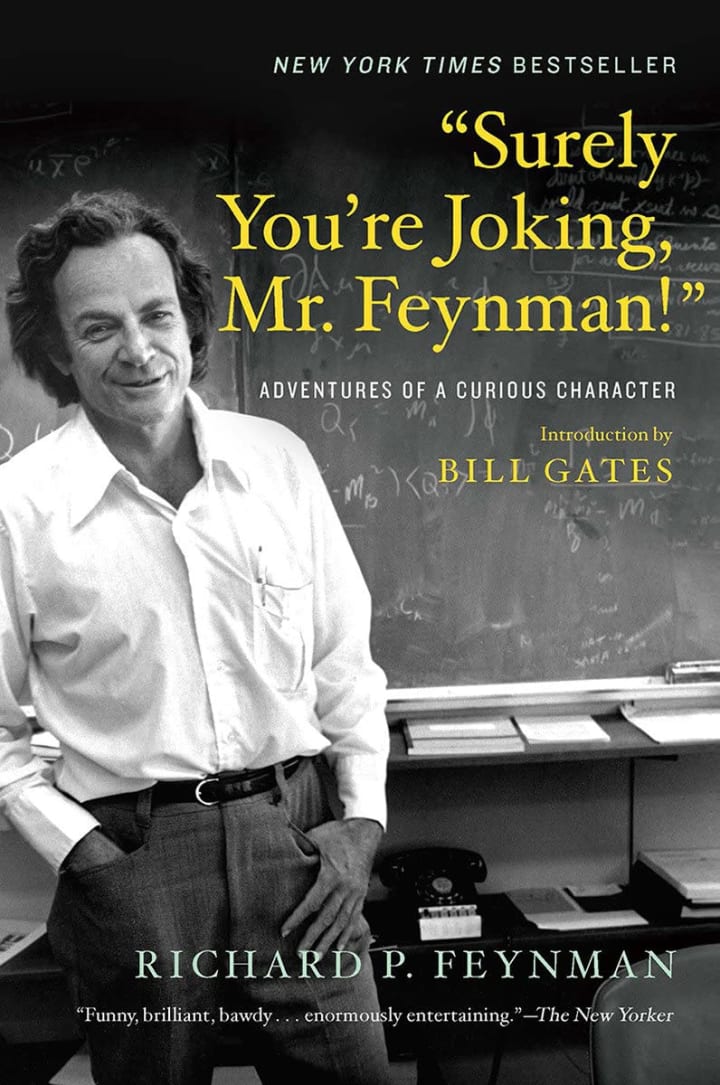
10. "Surely You’re Joking, Mr. Feynman!" by Richard Feynman:
Richard Feynman shares captivating anecdotes and reflections on his life and scientific career in "Surely You’re Joking, Mr. Feynman!" This delightful collection of stories showcases Feynman's unparalleled curiosity, humor, and brilliance. From his work on the Manhattan Project to his adventures in cracking safes, Feynman's storytelling will entertain and inspire readers of all backgrounds.
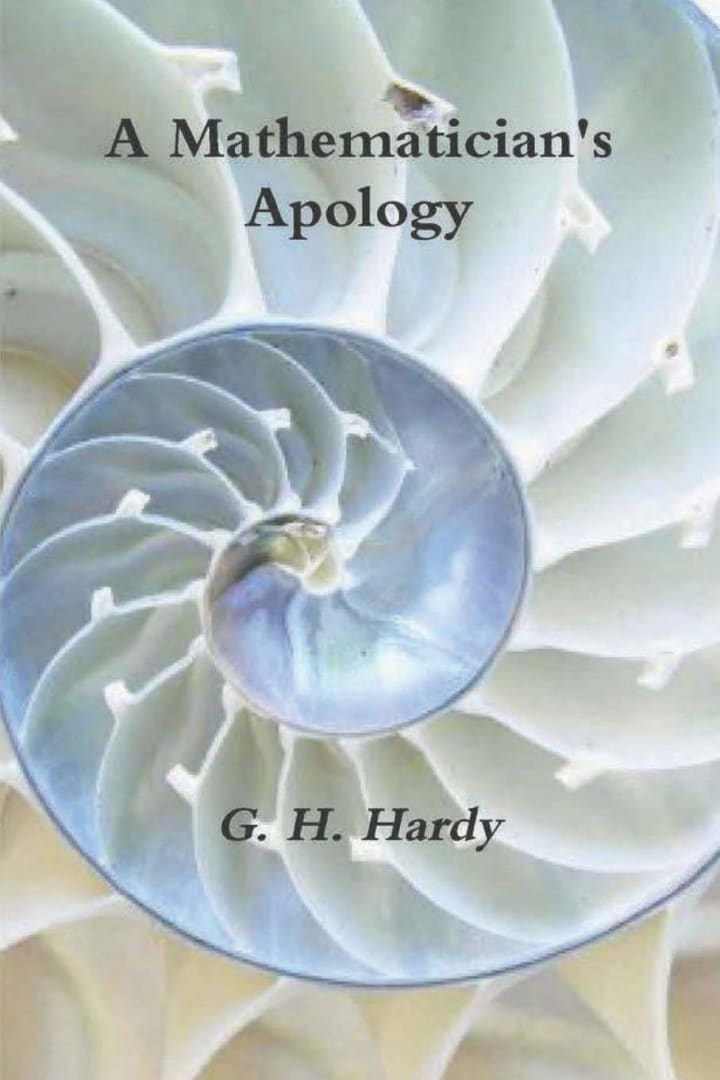
11. "A Mathematician’s Apology" by G. H. Hardy:
G. H. Hardy's "A Mathematician’s Apology" offers a glimpse into the mind of a pure mathematician. Hardy reflects on the beauty and significance of mathematics, its intrinsic value, and the pursuit of mathematical truth. This introspective work provides insights into the motivations and challenges faced by mathematicians, making it a must-read for those passionate about the subject.
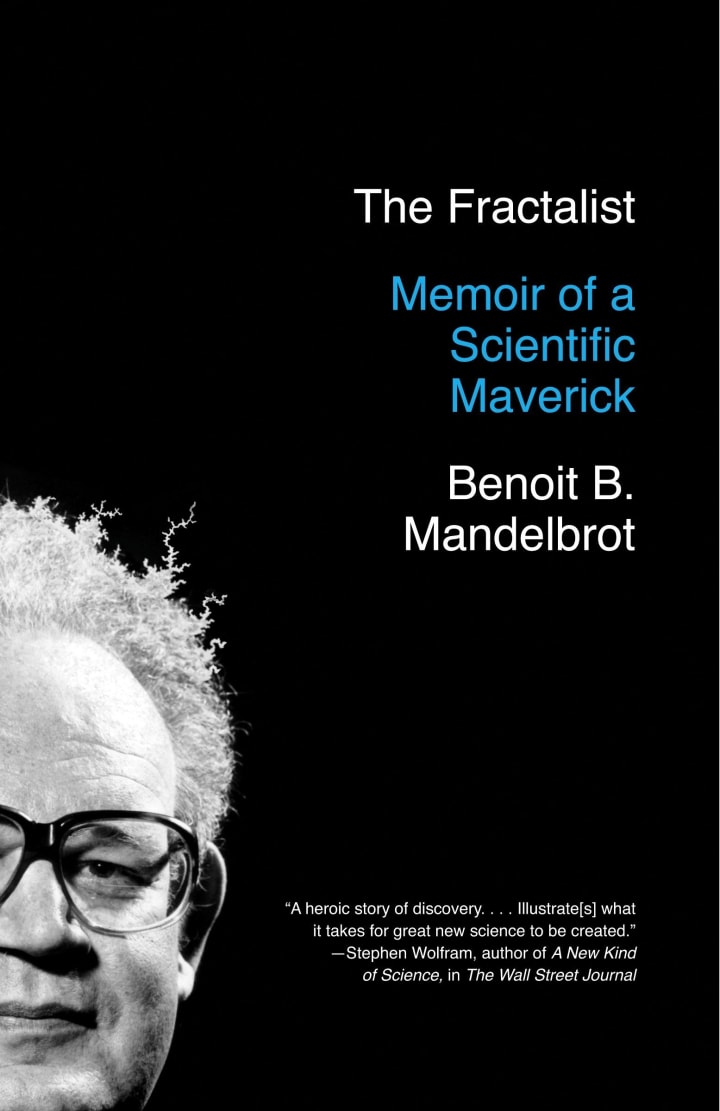
12. "The Fractalist: Memoir of a Scientific Maverick" by Benoit Mandelbrot:
In "The Fractalist," Benoit Mandelbrot shares his captivating life story and his groundbreaking work on fractal geometry. Mandelbrot's innovative insights revolutionized our understanding of complex and irregular shapes in nature and mathematics. This memoir provides a fascinating glimpse into the mind of a scientific maverick who reshaped our perception of visual patterns and their underlying mathematics.
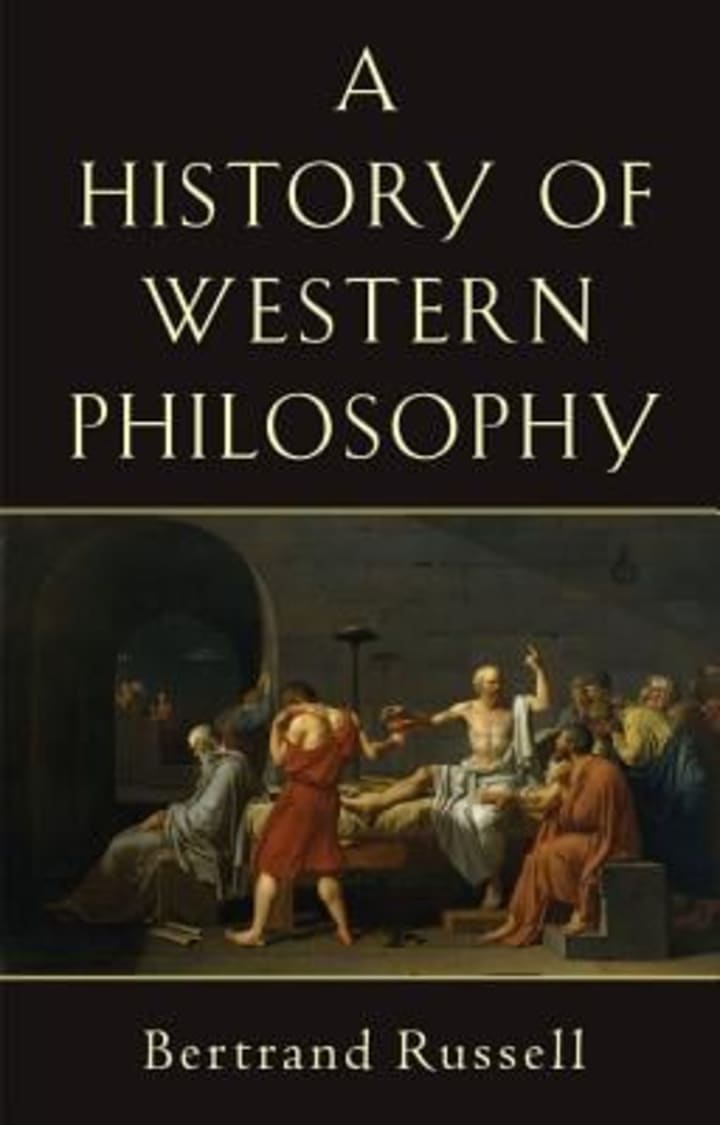
13. "A History of Western Philosophy" by Bertrand Russell:
Bertrand Russell's "A History of Western Philosophy" is an enlightening journey through the development of philosophical thought from ancient times to the modern era. With clarity and intellectual rigor, Russell presents the ideas and contributions of numerous philosophers, offering valuable insights into the evolution of human thought and the foundations of Western philosophy.
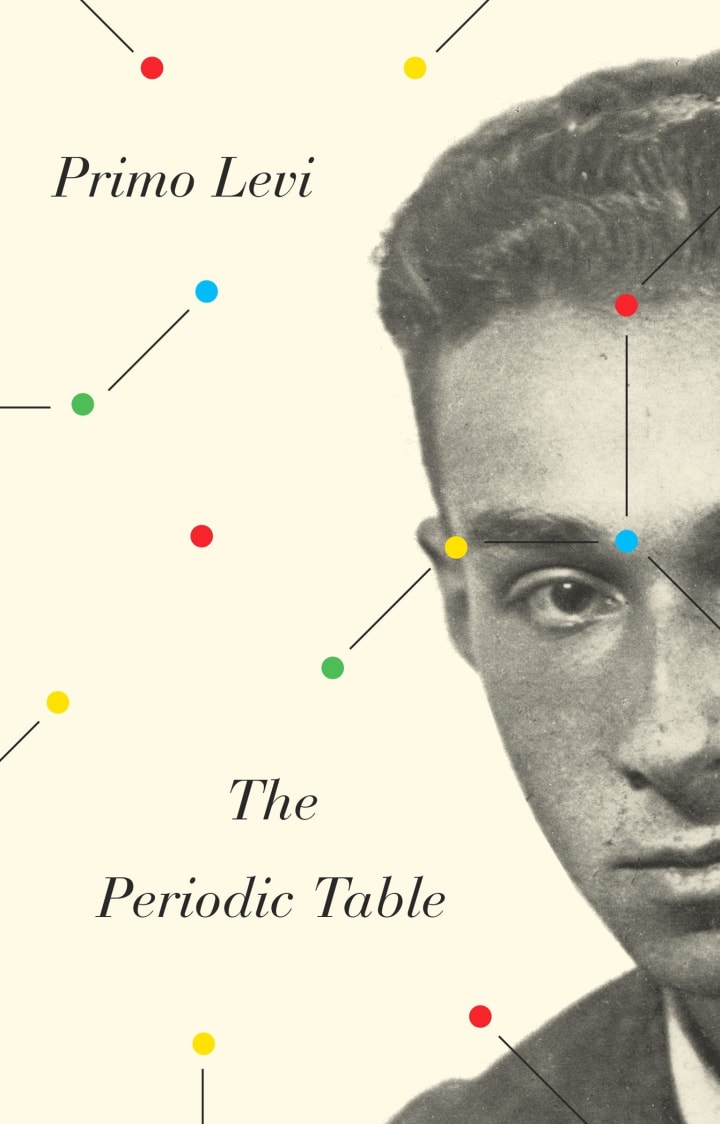
14. "The Periodic Table" by Primo Levi:
Primo Levi's "The Periodic Table" combines memoir, chemistry, and literature to create a unique exploration of the elements. Each chapter corresponds to an element on the periodic table and weaves together personal experiences, scientific insights, and historical context. Levi's poetic prose and scientific acumen make this book a literary gem that celebrates the wonders of chemistry.
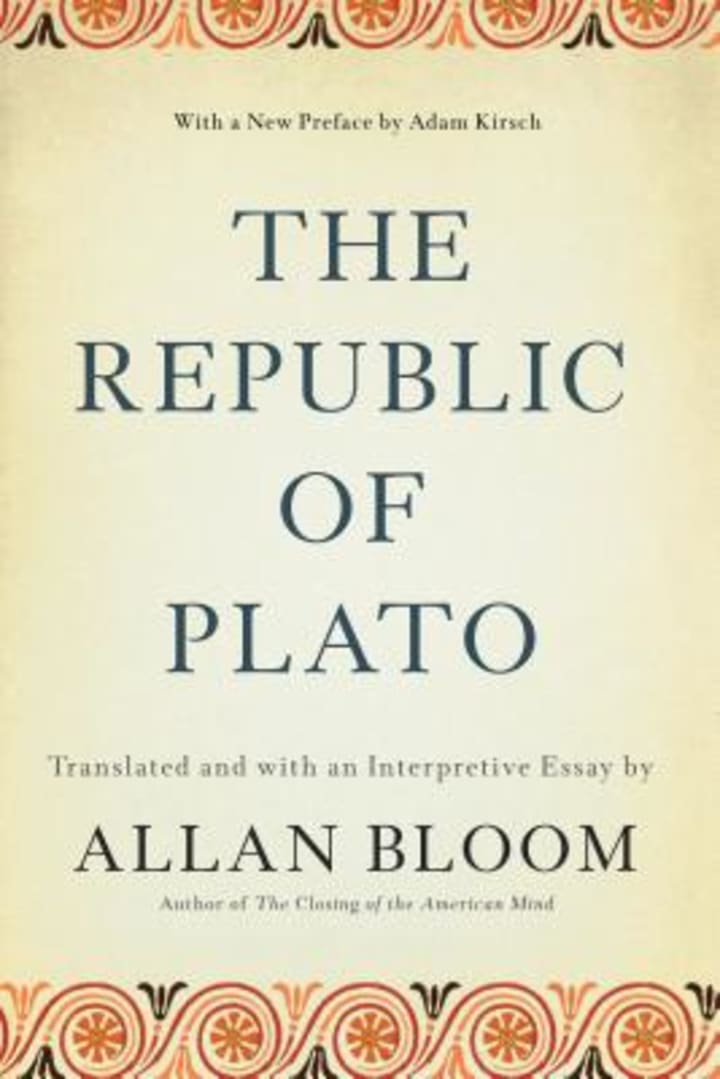
15. "The Republic" by Plato:
Plato's "The Republic" is a seminal work in political philosophy and a profound examination of justice, morality, and the ideal state. Through Socratic dialogues, Plato explores fundamental questions about the nature of governance, the virtues of citizens, and the pursuit of a just society. This timeless work remains relevant and thought-provoking, offering insights into the complexities of political and ethical systems.
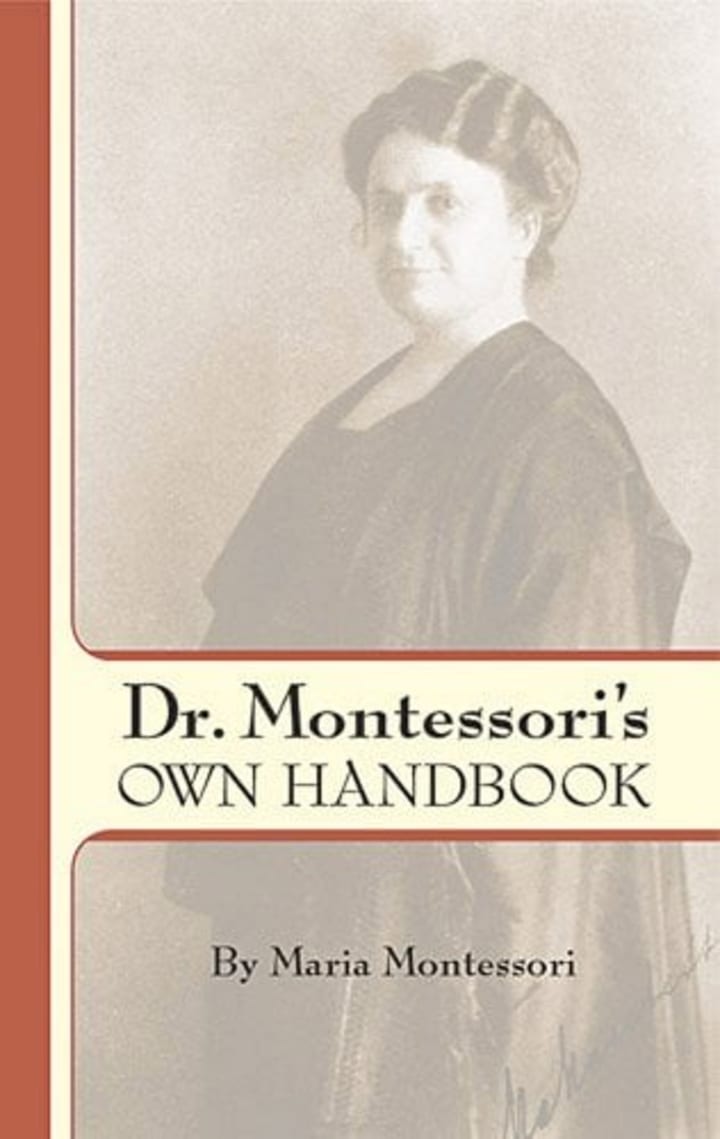
16. "Dr. Montessori’s Own Handbook" by Maria Montessori:
Maria Montessori's "Dr. Montessori’s Own Handbook" provides a comprehensive guide to her groundbreaking educational philosophy. Montessori's methods, emphasizing independence, self-directed learning, and respect for the child, have had a profound impact on education worldwide. This handbook offers practical insights and applications for educators, parents, and anyone interested in transformative approaches to learning.
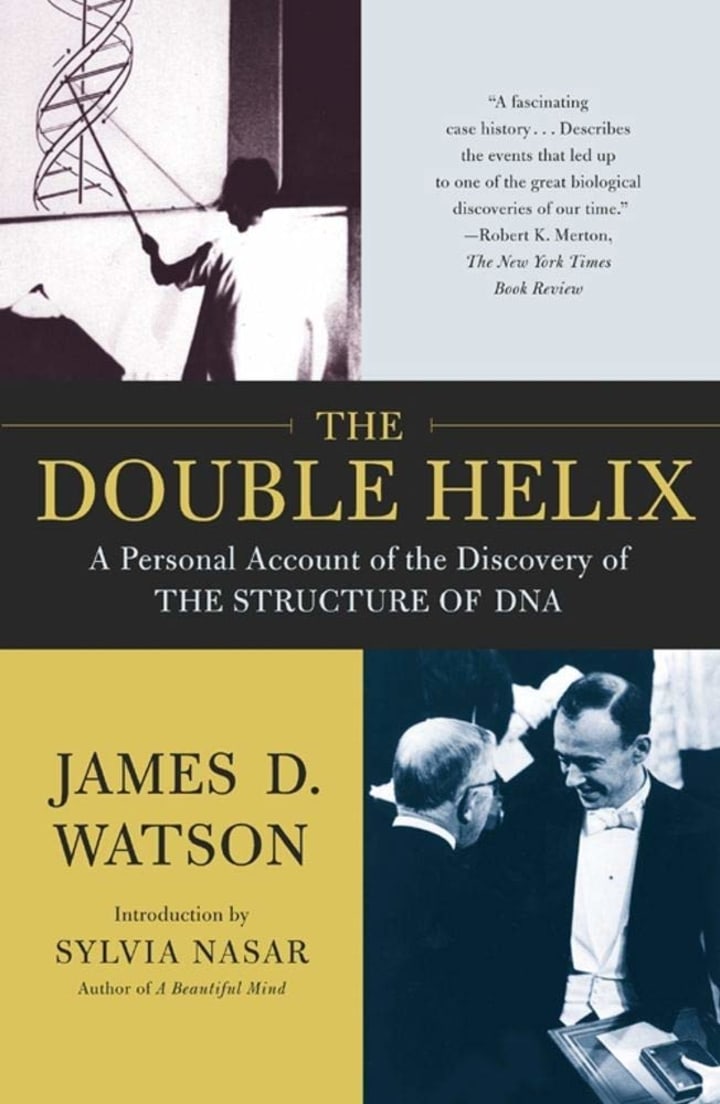
17. "The Double Helix: A Personal Account of the Discovery of the Structure of DNA" by James D. Watson:
James D. Watson's "The Double Helix" is a riveting firsthand account of the discovery of the structure of DNA. Watson provides a personal narrative of the scientific collaboration and competition that led to this groundbreaking breakthrough. This book offers a captivating blend of scientific discovery, personal anecdotes, and the human drama behind one of the greatest achievements in biology.
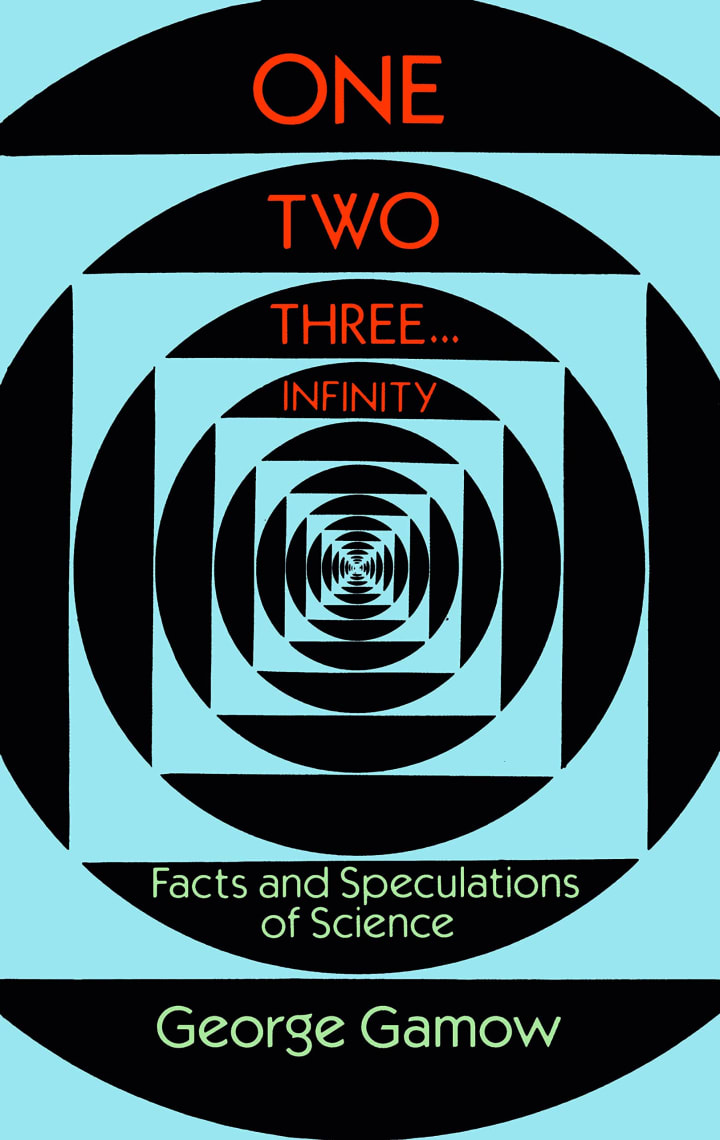
18. "One Two Three . . . Infinity: Facts and Speculations of Science" by George Gamow:
In "One Two Three . . . Infinity," George Gamow takes readers on a journey through the vast realms of science. From the mysteries of the universe to the wonders of atomic physics, Gamow's engaging explanations and imaginative storytelling make complex scientific concepts accessible and enjoyable for readers of all backgrounds.
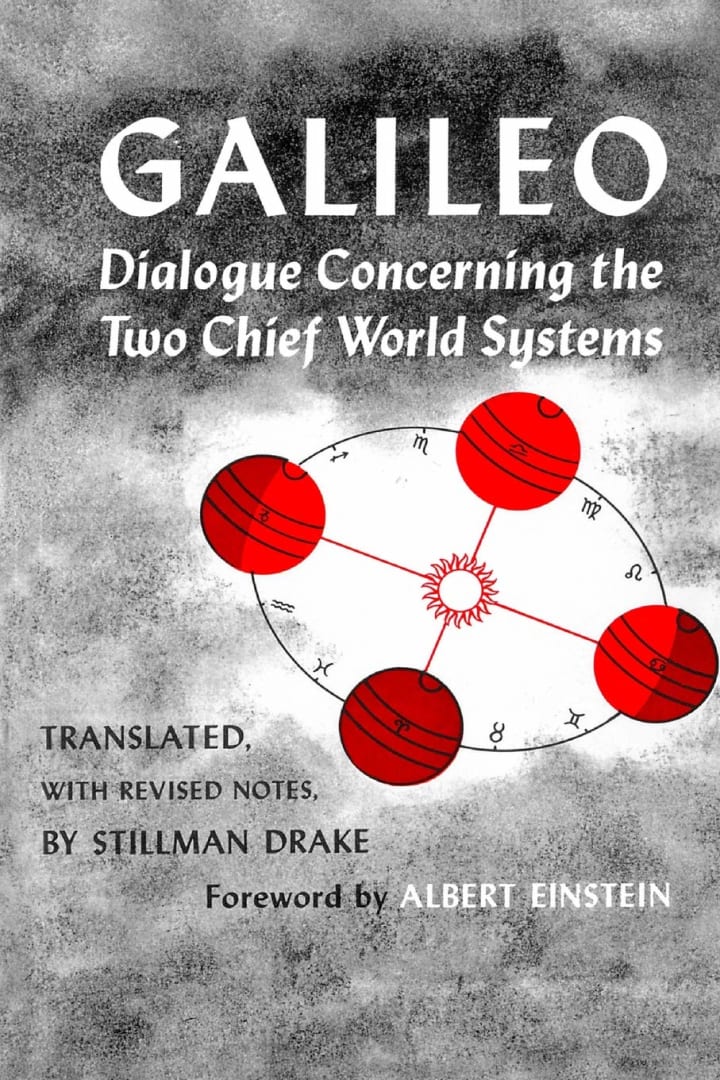
19. "Dialogue Concerning the Two Chief World Systems" by Galileo Galilei:
Galileo Galilei's "Dialogue Concerning the Two Chief World Systems" presents a debate between three characters discussing the geocentric and heliocentric models of the universe. Galileo's work challenges prevailing Aristotelian beliefs and promotes the Copernican heliocentric theory. This influential dialogue showcases Galileo's incisive arguments and his pivotal role in the scientific revolution.
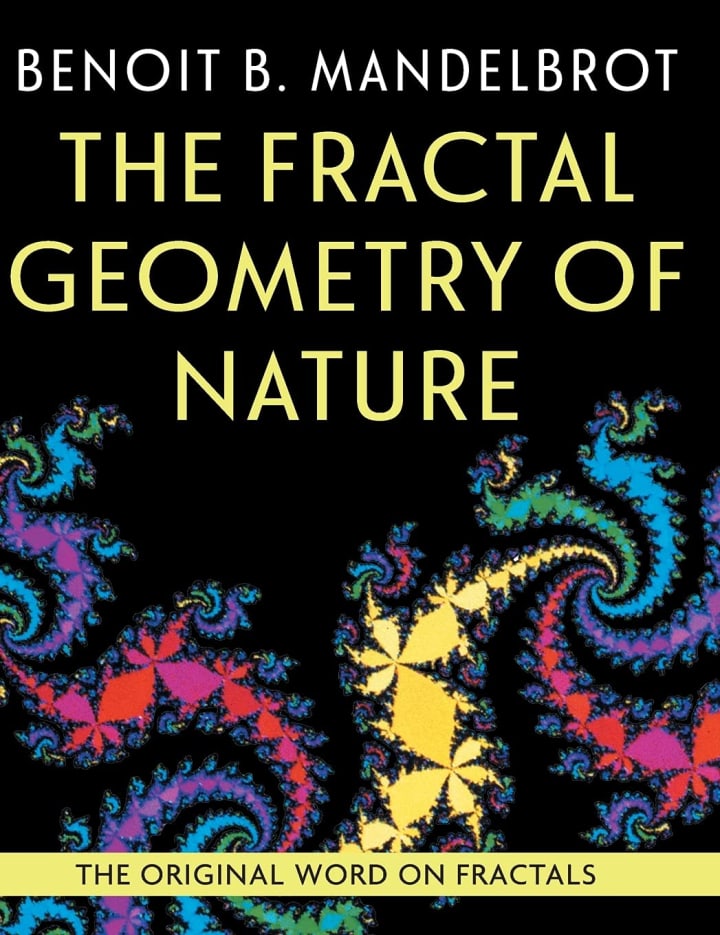
20. "The Fractal Geometry of Nature" by Benoît B. Mandelbrot:
Benoît B. Mandelbrot's "The Fractal Geometry of Nature" explores the fascinating world of fractals—complex, infinitely repeating geometric patterns found in nature and mathematics. Mandelbrot's work revolutionized our understanding of irregular shapes and introduced a new way of thinking about natural phenomena. This book offers a visual feast and a deep appreciation for the intrinsic beauty and complexity of the natural world.
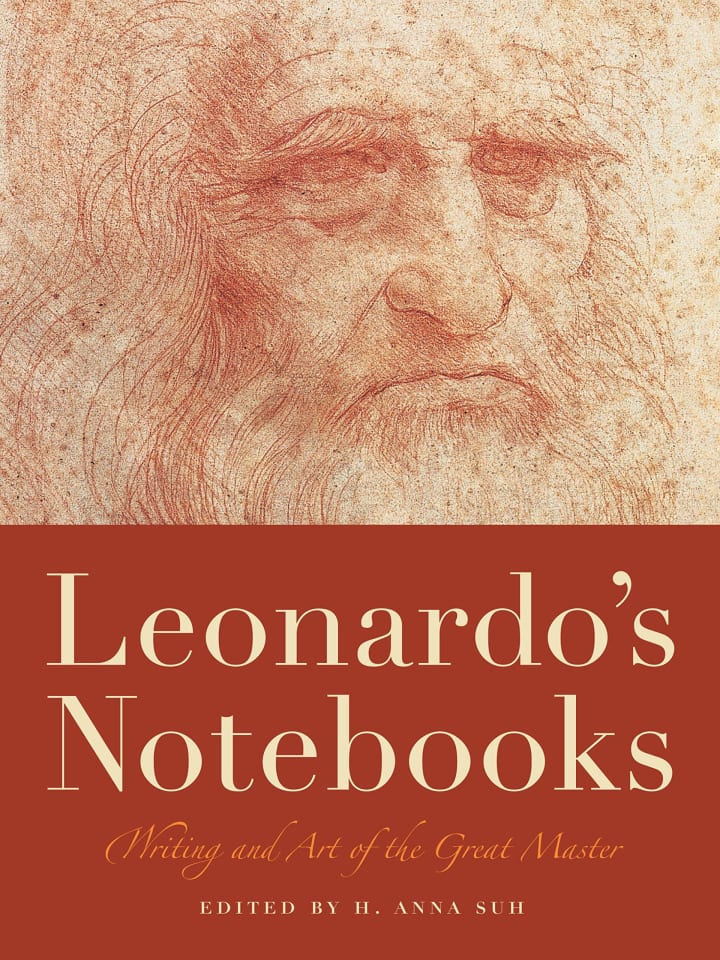
21. "Leonardo’s Notebooks: Writing and Art of the Great Master" by Leonardo Da Vinci:
"Leonardo’s Notebooks" provides a rare glimpse into the mind of one of history's greatest polymaths. Leonardo Da Vinci's notebooks contain a treasure trove of sketches, scientific observations, and musings. This comprehensive collection showcases Leonardo's curiosity, creativity, and unparalleled genius, making it a must-have for anyone captivated by art, science, and the interconnectedness of knowledge.
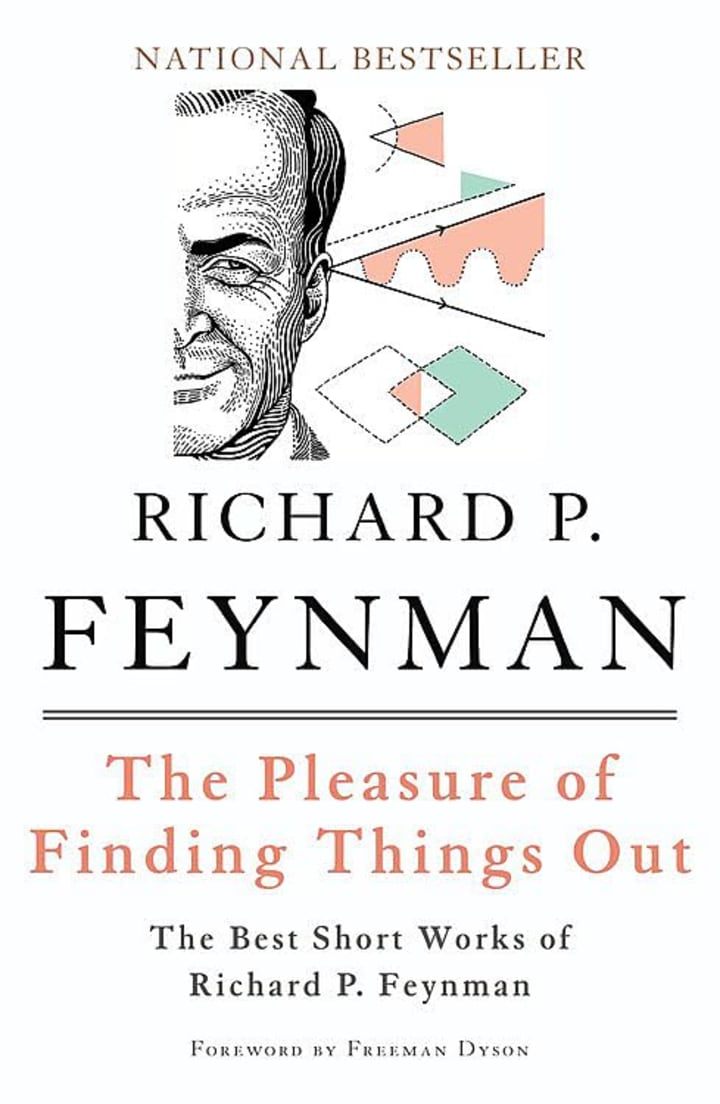
22. "The Pleasure of Finding Things Out: The Best Short Works of Richard P. Feynman" by Richard P. Feynman:
"The Pleasure of Finding Things Out" is a compilation of Richard P. Feynman's most engaging and accessible essays, speeches, and interviews. Feynman, known for his brilliance, wit, and passion for science, explores a wide range of topics, from quantum physics to the beauty of nature. This collection offers a glimpse into the mind of a scientific icon and captures Feynman's infectious enthusiasm for discovery.
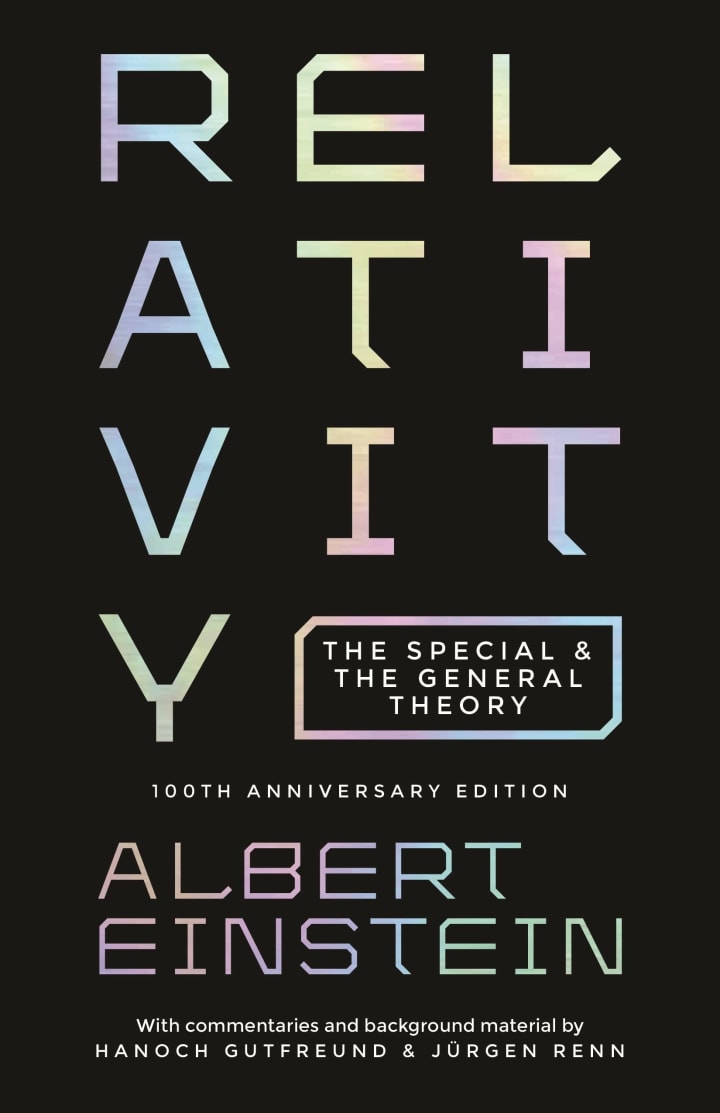
23. "Relativity: The Special and the General Theory – 100th Anniversary Edition":
Albert Einstein's "Relativity" is a seminal work that transformed our understanding of space, time, and gravity. In this 100th Anniversary Edition, Einstein's groundbreaking theories are presented in a clear and accessible manner. This work is an essential read for anyone seeking to grasp the profound implications of relativity and its impact on our understanding of the universe.
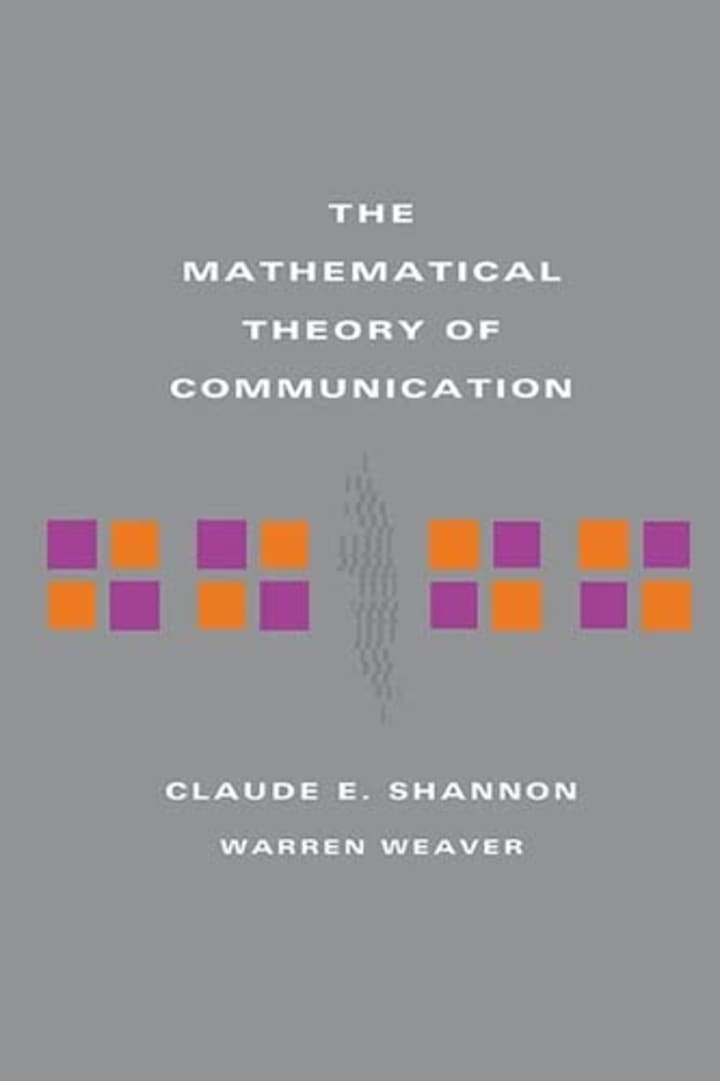
24. "The Mathematical Theory of Communication" by Claude Shannon:
Claude Shannon's "The Mathematical Theory of Communication" revolutionized the field of information theory. Shannon's work established a mathematical framework for understanding communication systems, including coding, transmission, and noise. This book remains a fundamental reference for anyone interested in the science of information and its applications in modern technology.
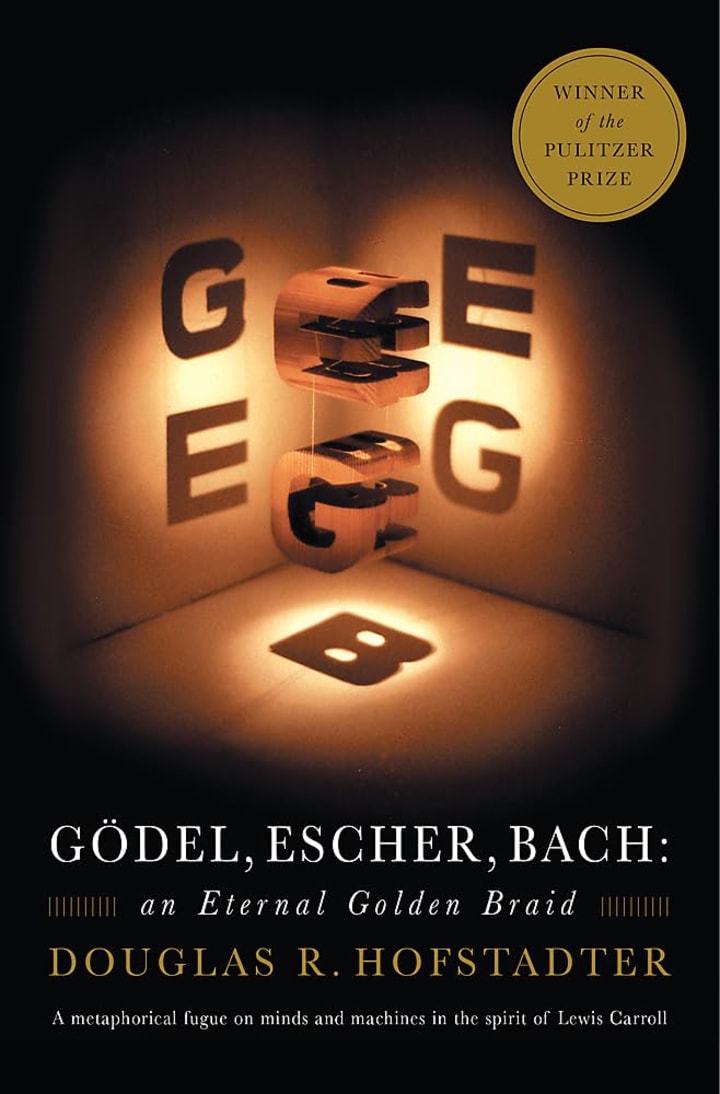
25. "Gödel, Escher, Bach: An Eternal Golden Braid" by Douglas Hofstadter:
In "Gödel, Escher, Bach," Douglas Hofstadter explores the connections between mathematics, art, and music. Through puzzles, analogies, and mind-bending concepts, Hofstadter delves into the intricacies of logic, recursion, and self-reference. This book offers a fascinating journey into the interplay of creativity, cognition, and the mysteries of human consciousness.
Conclusion:
These 25 timeless works by trailblazing mathematicians and scientists have significantly influenced their respective fields and continue to shape the way we perceive and understand the world. From the geometric principles of Euclid to the quantum realm explored by Feynman, these books offer a wealth of knowledge and inspiration. Delving into these works not only expands our intellectual horizons but also allows us to appreciate the brilliance and ingenuity of these remarkable individuals. Let these books guide you on a journey of discovery, illuminating the profound contributions of these legendary mathematicians and scientists.
About the Creator
NovelNest Books
Book Recommendations

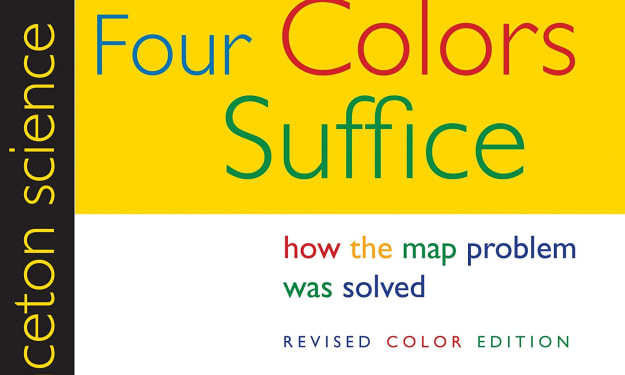



Comments
There are no comments for this story
Be the first to respond and start the conversation.